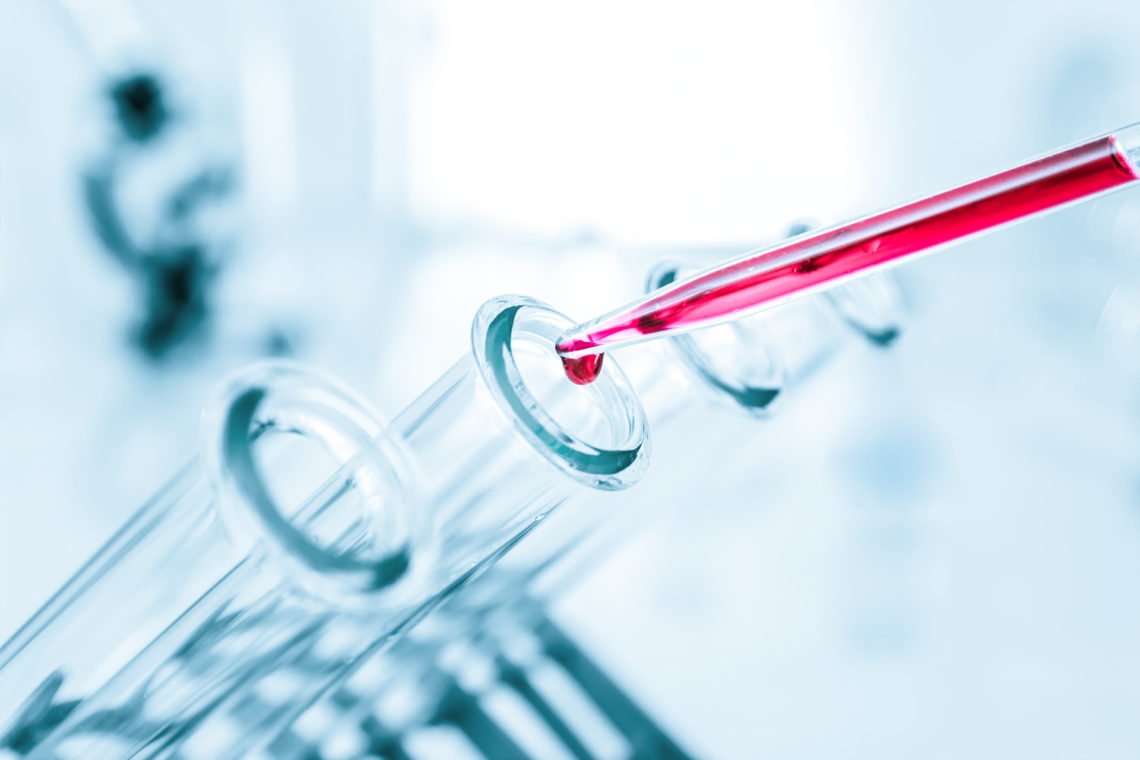
Supervision over the quality of water intended for human consumption supplied by waterworks in Poland is performed by the State Sanitary Inspectorate. The water quality is constantly monitored in accordance with the schedule developed for the whole year. Water analyzes as part of such monitoring are performed in the laboratories of the sanitary-epidemiological station, and in the absence of a laboratory in the structure of the local sanitary -epidemiological station, they are subcontracted to accredited laboratories.
Water testing in catering establishments
Water testing for the Sanitary Inspectorate from private commercial and service facilities is not subject to supervision within the State monitoring. Water analysis is one of the elements of ensuring food safety in accordance with the Hazard Analysis and Critical Control Point (HACCP) system. Such a system is (or at least should be) obligatory in every food production or mass catering facility. Water tests are therefore ordered at regular intervals by every food producer and every catering establishment, canteen or other similar establishment. The obligation to implement the HACCP system lies with the owner of the establishment.
Where to do a water test
The analysis of water for sanitary-epidemiological station purposes can be commissioned at any water testing laboratory holding the relevant confirmation in accordance with the Water Supply Act and the Regulation of the Minister of Health. Such confirmation is issued by the State Sanitary Inspector on the basis of a documented quality management system in the laboratory or on the basis of an accreditation certificate. Accreditation of a laboratory is not tantamount to Laboratory approval by the Sanitary Inspectorate. All accredited laboratories that test drinking water must additionally obtain the relevant certification.
Why drinking water should be tested
The quality of drinking water supplied by waterworks is the responsibility of its distributor. Unfortunately, this does not mean that the bad quality of water in our tap is Municipal Water and Sewerage Company’s fault (at least not always). The most common water quality problem is microbiological contamination. According to the requirements of the Regulation of the Minister of Health, water intended for consumption should be free of pathogenic bacteria such as coliforms, Enterococcus faecalis or anaerobes, and the number of non- pathogenic microorganisms should not exceed the accepted normal state. Microbiological contamination is punctual and most often starts from the end of the water system. What is more, contamination of the water system progresses “upstream” of the water system. As the water supplier cannot control the hygiene status of every tap in the country, its responsibility for water quality is limited to the external transmission network. The administrator of the property is always responsible for the quality of the water inside the building. Problems with the microbiological quality of water occur most often where water intake is low or even zero, i.e. in unused establishments (often waiting for a tenant for months), in holiday resorts with low occupancy or in newly built buildings, where the water supply system has not been properly disinfected and rinsed after completion of repair works. You will always need an up-to-date water test result if you want to obtain building commissioning, open a new catering establishment, a beauty salon or a doctor’s office. The frequency of water tests depends on the nature of the activity and the number of people using the offer of a given point.
How to ask a laboratory for water analysis
To order water testing services please contact the Customer Service Office of the Ekolabos laboratory. According to the procedure, it will be necessary to fill in an order, in which we will give the data of the ordering customer and the address of sampling point. The whole process takes place over the phone and electronically, so the time required is kept to a minimum. The results of the water analysis will be sent to you by e-mail or by post, depending on which option you choose.
